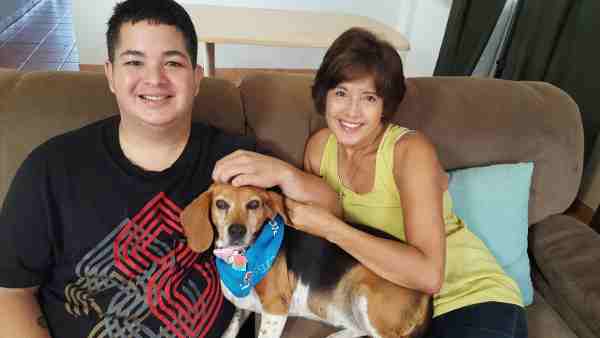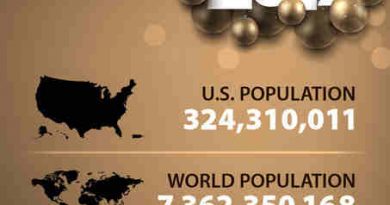Dying Latino Calls for Aid-in-Dying Laws

A young Latino man dying of brain cancer, Miguel Carrasquillo, has recorded a bilingual video for nonprofit organization Compassion & Choices to urge state lawmakers nationwide to pass laws to give terminally ill adults the option of medical aid in dying.
The video was released to promote National Healthcare Decisions Day (NHDD) this Sat., April 16. NHDD is an initiative to encourage patients to express their wishes regarding healthcare and for providers and facilities to respect those wishes, whatever they may be.
Miguel has endured excruciatingly painful treatments to try to cure his cancer, but it has spread throughout his body. Currently, he is visiting relatives in New Britain, Conn.
[ Also Read: Was Brittany Maynard Right to End Her Life? ]
Medical aid in dying enables terminally ill adults to request a doctor’s prescription for medication they can choose to ingest to die peacefully in their sleep if their end-of-life suffering becomes unbearable.
“Going to the hospital back and forward like I do … Every day we have to deal with different symptoms: headaches, back pains, electric shock all over your body, convulsions, seizures,” he says in the video. “I want to die with a medication.”
[ Poll: Voters Support Death-With-Dignity Option ]
Unfortunately for Miguel, medical aid in dying is not a legally authorized option in his home state of Illinois or in Puerto Rico, where his Catholic parents have been caring for the 35-year-old professional chef in the final stage of his life.
“The day of Miguel Carrasquillo is just only in the bath with the help of my mom,” he says in the video. “I’m not able to do anything. My memory is completely gone. I tell God that I need to go, right now. I want the option to choose how I want to die.”
Currently, only five states authorize medical aid in dying: Oregon, Washington, Montana, Vermont, and California, where a new law will take effect on June 9.
“Miguel’s tragic experience vividly illustrates the urgent need for end-of-life options in every community in our nation,” said Compassion & Choices president Barbara Coombs Lee, an attorney who coauthored the Oregon law authorizing medical aid in dying after working as an ER and ICU nurse and physician assistant for 25 years. “Painful deaths know no boundaries. They respect no ethnic groups or religions.”
Miguel hopes his story will persuade legislators in every U.S. state and territory, including Puerto Rico, to authorize medical aid in dying as an end-of-life option.
Miguel’s mother, Nilsa Centeno, says the thought of losing her oldest and only son is unimaginable. But seeing him die slowly in unbearable pain is even worse.
“I have seen him suffer; I have seen him cry; I’ve seen him fall, collapse,” she says in the video. “This is about the dignity of human beings, and in this case it’s my son. That dignity must be respected until the final moment.”
Miguel hopes his fellow Latinos abandon the cultural taboo of avoiding talking about death and support medical aid in dying as an end-of-life option.
“It is a taboo about Latinos to talk about that option ’cause people are scared of what other people gonna say, are they gonna tell?” he says in the video.
Compassion & Choices recently launched a statewide bilingual campaign in California to educate terminally ill Californians, families and medical providers about the benefits and requirements of the state’s medical aid-in-dying law.
Compassion & Choices is a nonprofit organization working to improve care and expand choice at the end of life.





